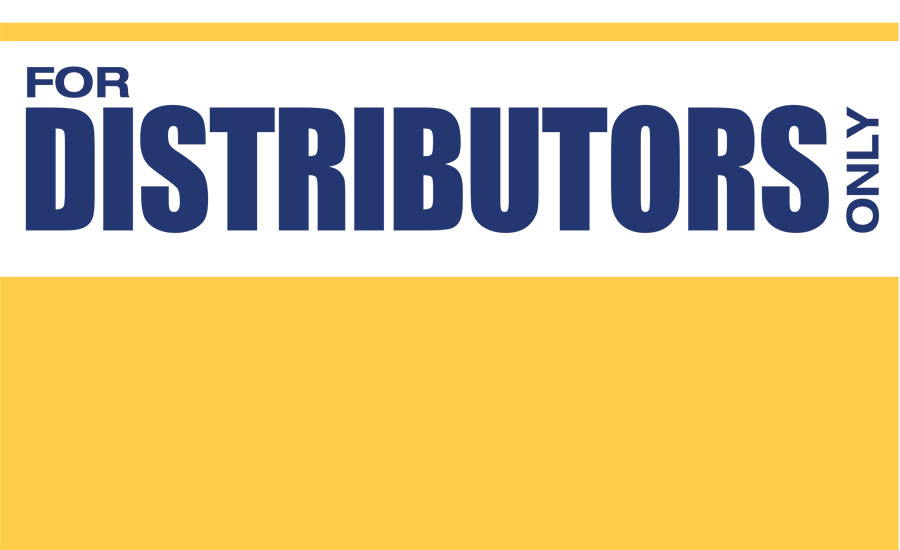It’s clearly on a par with overall U.S. growth – and in fact is stronger in many areas. This is in part because the U.S. is ahead of many places in the world, due to more sophisticated legal safety requirements at an earlier date. Thus, U.S. safety products benefit with stronger international sales potential in many sectors.
What U.S. vertical markets are strong for demand of safety products in 2014?
The types of safety products: In the merger and acquisition arena, we have seen particularly strong appetite for products like vision and hearing protection, and respiratory protection. Generally, any product with strong regulatory restrictions offers the benefit of likely longer term demand. Also, in areas where the U.S. sophistication may be ahead of general international norms, the worldwide market benefits.
Re. the end use industries: Ship-building, fire protection, and chemical processing industries are boom segments for safety products.
What makes safety product manufacturers and distributors promising targets for investors and for acquisitions here in 2014?
Acquisition markets benefit from the relative security offered by products that may be required for legal compliance, or products established as fundamental and “normative” protection for workers. Additionally, and patent-protected products made in the U.S. today, tend to have significantly enhanced value. Further, in 2014 all acquisitions are nourished by plentiful capital availability, and relatively low costs of borrowed funds.
What foreign markets are strong for demand of U.S. manufactured safety products in 2014?
European markets have long been relatively strong, in part due to their closer proximity to the somewhat stricter regulatory environment that U.S. companies have long lived with. In recent times the markets in China and South America have benefitted also by increased consciousness regarding employee safety and well-being, and the potential for significant impact with improved safety products.
Do you foresee continued consolidation of U.S. safety products manufacturers and distributors – why or why not?
Yes – as any industry develops and matures, participants often learn of significant efficiencies and economies achievable through consolidation. Increased size offers improved economies of scale, greater buying power, and, in the case of the many worldwide markets of today, the ability to broaden the benefit of new technologies by taking them to emerging markets. Costs reduce as a percentage of sales, and markets grow exponentially, as new geographies are added.
What is driving U.S. safety product sales in the absence of new OSHA standards?
New product technologies come from more than just OSHA standards. Products made to enhance efficiency of use still can quickly expand share. Technologies with expanding worldwide applicability also offer opportunities for growth.
What safety product lines, types of PPE for example, are seeing strong demand in 2014?
Markets have been and remain strong for eye and ear protection, and for respiratory protection. Areas we have heard for increased inquiries recently include things like specialty chemical protection (gloves and clothes), electrical protection (shoes, gloves, and tools), and innovative fabrics for protection from any number of varied hazards.
Do you have any other comments you would like to make regarding the U.S. safety market here in 2014?
The number of privately held mid-sized companies in the safety product world is significant. Nearly 40 percent of those privately held companies are owned by baby-boomer founders, who will likely retire in the next 10 years. As a result, the number of middle market players likely to exit could create a tsunami of opportunities for strong and savvy buyers. Capital growth creates opportunity. The industry will benefit immeasurably by the likely volume of opportunities to come.
Deborah L. Douglas is principal of the Douglas Group, St. Louis, MO, specializing in private investment banking, mergers and acquisitions, and corporate divestitures. She can be contacted at (314) 991-5150; email: ddouglas@douglasgroup.net.






